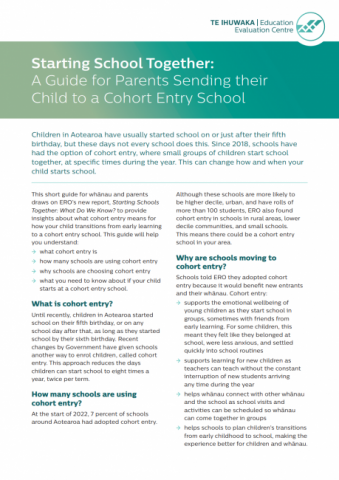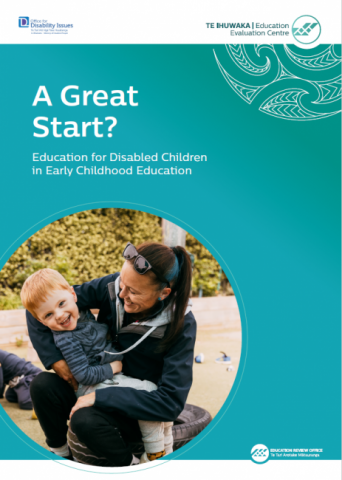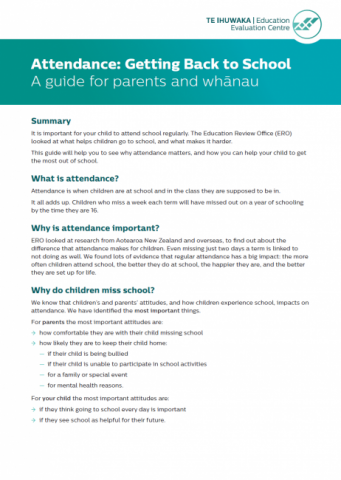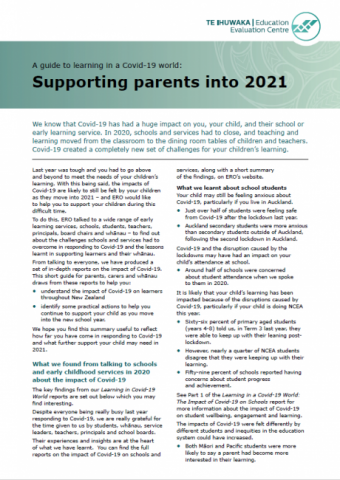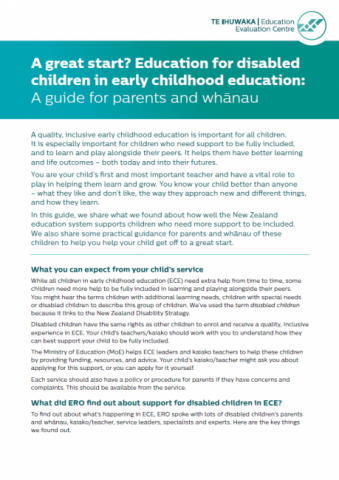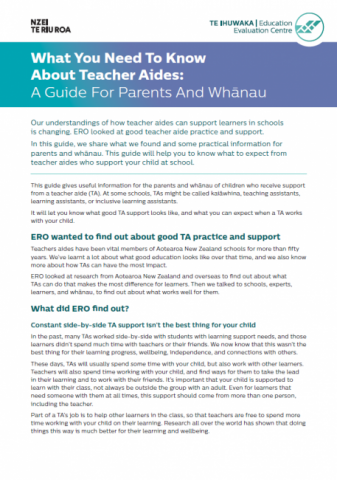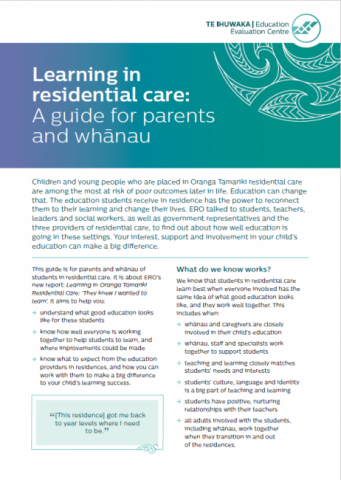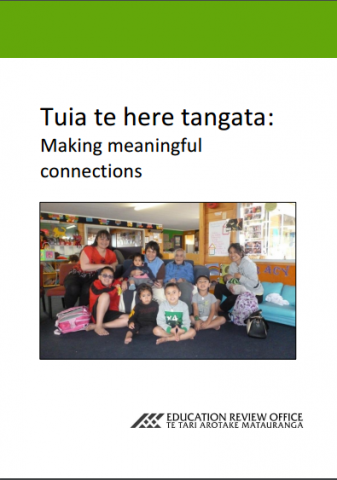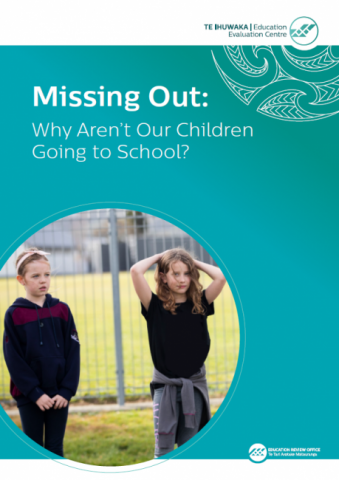A Guide for Parents Sending their Child to a Cohort Entry School
Published: 31 May 2022
This short guide for whānau and parents draws on ERO’s new report, Starting Schools Together: What Do We Know? to provide insights about what cohort entry means for how your child transitions from early learning to a cohort entry school.
- Audience:
- Education
- Parents
- Content type:
- Research
